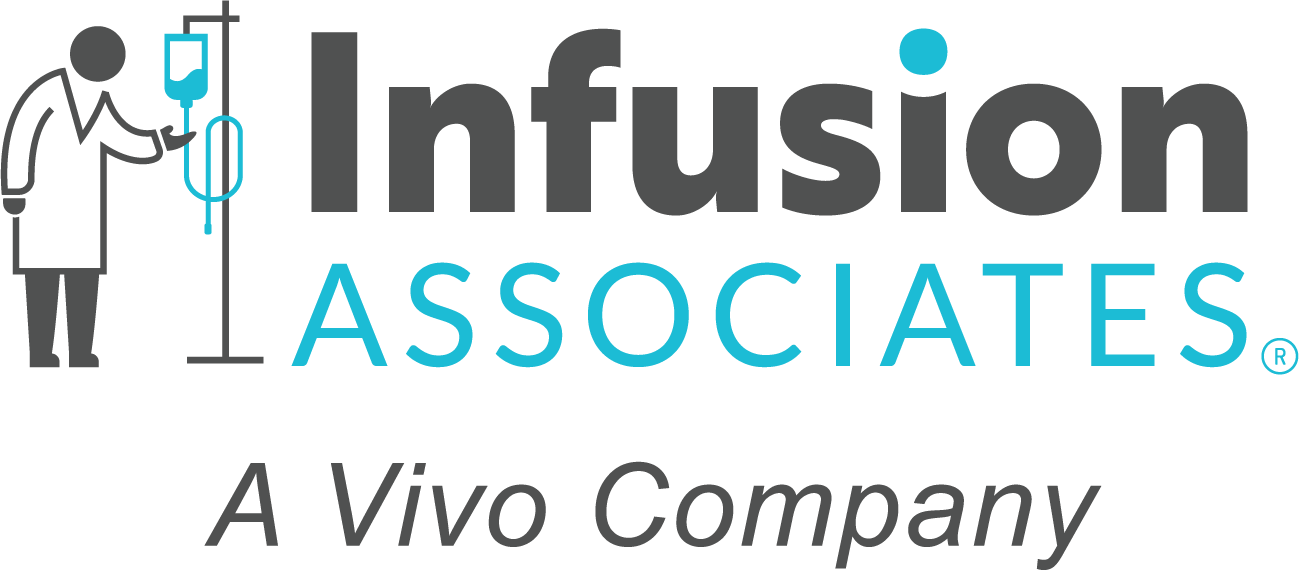Frequently Asked Questions
What is clinical research?
Clinical research is medical research that involves patients. Volunteers in clinical research help medical providers and researchers learn more about disease and improve health care for people in the future.
Clinical trials look at new ways to prevent, detect, or treat disease. They can study new drugs or combinations of drugs, new ways of doing surgery, new medical devices, new ways to use existing treatments, new ways to change behavior to improve health, or new ways to improve the quality of life for people with acute or chronic illnesses.
Why would someone participate in a clinical trial?
People take part in clinical trials for many different reasons. Some volunteers are healthy and studies are designed to develop new knowledge –– not to provide a direct benefit to those taking part. These volunteers like to help others and to contribute to moving science forward.
Other volunteers are patients with a known health problem. They may take part in a clinical trial if traditional treatment has failed to provide relief or yield results. They also may choose to participate to better understand, diagnose, or treat that disease or condition.
Research with a patient volunteer helps develop new knowledge. In addition, a patient volunteer may receive new treatment that’s not yet available to the general public. They may also have access to extra care and attention from the clinical trial staff.
Clinical trials offer hope for many people and a chance to help researchers find better treatments for the future.
Are clinical trials safe?
Yes. While some patients do experience side effects, everyone who undergoes one of our clinical research studies is closely monitored by highly skilled and experienced healthcare professionals. In addition, each trial has their own set of required safety measures.
Are there any risks?
Yes. Every medical procedure comes along with risks. You may experience side effects, or you may not receive the expected benefits. However, there’s a long list of ethics and legal requirements designed to protect volunteers who undergo clinical trials. Each trial is closely monitored and has to follow specific protocols. Researchers are also required to report trial results to governing boards to ensure compliance and safety standards. In addition, medical providers are also required to comply with federal regulations.
How do I qualify to participate in a clinical trial?
Clinical trial protocols have eligibility criteria that differs from study to study. This may include age, gender, medical history, and current health status. Eligibility criteria for treatment studies often require that patients have a particular type of disease or illness. If you find a study that you may want to join, contact the study coordinator for more information.
What if I decide to participate in a trial, then change my mind?
Prior to starting a clinical trial, you will be informed of its duration. However, if you decide to withdraw from the study once it’s been started, you may do so at any time.
What studies are currently open for enrollment?
Visit our Clinical Research page to read more about clinical trials that are currently open for enrollment, as well as qualifications, length of trial, and compensation.
Will my health insurance cover the costs?
Health insurance plans may cover routine patient care costs associated with a clinical trial, or the Sponsor of the clinical trial may cover the cost completely. Speak with one of our staff members to determine your coverage.
How do I prepare for a clinical trial?
Prior to agreeing to participate, you are walked through the entire process by your medical provider. This is called informed consent. You’ll get an overview of all the facts of the trial, with full explanations of every step along the way. You’ll also get the information in writing, which you will then sign. You can ask as many questions as you’d like and request clarifications if you still have any lingering concerns.
You can also bring a friend or family member to offer support as well as ask questions you hadn’t thought about.
